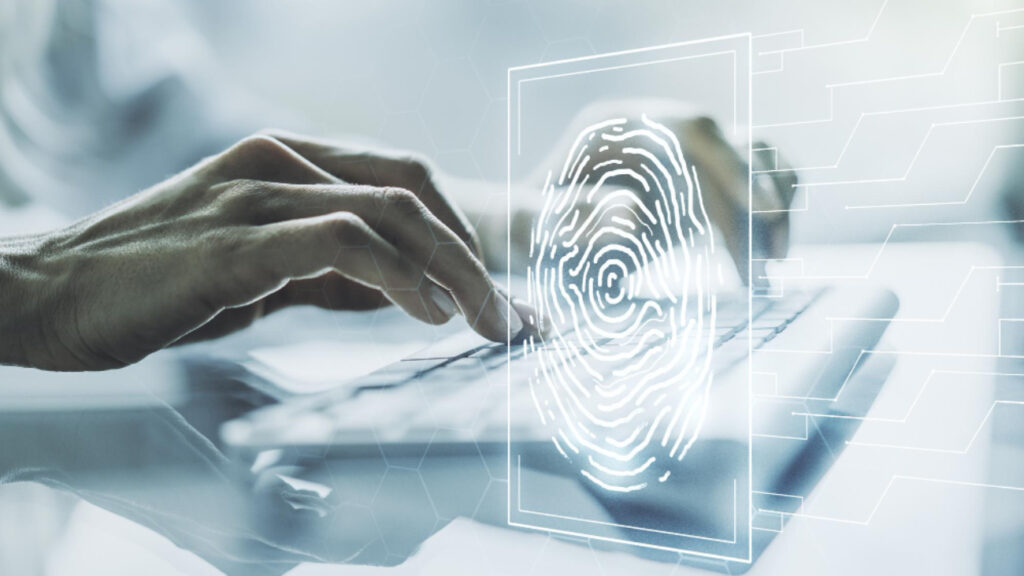Smart cities leverage advanced technologies to enhance urban living and improve the efficiency of various urban systems speculates Bahaa Abdul Hadi. Biometric fusion, the integration of multiple biometric modalities, plays a crucial role in smart cities by enabling secure and seamless authentication and access control mechanisms.
In the context of smart cities, biometric fusion involves combining different biometric traits, such as fingerprints, facial recognition, or iris patterns, to establish robust and accurate identification of individuals. This fusion enhances security measures by reducing the risk of unauthorized access and identity theft, ultimately creating a safer environment for residents.
Smart Cities and Biometric Fusion
Key applications of biometric fusion in smart cities include access control systems for public spaces and critical infrastructure. By deploying biometric fusion technologies, smart cities can ensure that only authorized individuals, such as residents, employees, or approved personnel, have access to restricted areas. For example, facial recognition combined with fingerprint authentication can create a multi-modal biometric system that offers higher accuracy and resistance against fraudulent attempts.
Smart and Efficient Transactions
Biometric fusion also plays a significant role in enabling seamless and efficient transactions within smart cities. By integrating biometric traits with payment systems, individuals can make secure transactions using their unique biometric identifiers, eliminating the need for physical cards or passwords. This not only enhances convenience but also reduces the risk of theft or fraudulent activities associated with traditional payment methods.
Public Services in Smart Cities
Additionally, biometric fusion enhances the efficiency of public services within smart cities. For instance, by integrating biometric identification with transportation systems, individuals can easily access public transportation networks, reducing the reliance on physical tickets or cards. This streamlined process improves the flow of people, reduces waiting times, and enhances the overall transportation experience for residents and visitors.
Privacy Considerations
Nonetheless, it is crucial to address privacy concerns when implementing biometric fusion technologies in smart cities. As biometric data is highly sensitive and distinct to individuals, strict privacy regulations and safeguards must exist to protect this information from unauthorized access/misuse. Transparent data governance frameworks and secure storage practices should be implemented to ensure the privacy and integrity of biometric data.
Concluding Lines
Biometric fusion technologies have a transformative impact on smart cities by enabling secure and seamless authentication and access control mechanisms. By integrating multiple biometric modalities, smart cities enhance security, streamline transactions, and improve the efficiency of public services. However, it is essential to prioritize privacy considerations to build trust and ensure the responsible implementation of biometric fusion in smart city environments.
Thank you for your interest in Bahaa Abdul Hadi blogs. For more information, please visit www.bahaaabdulhadi.com







